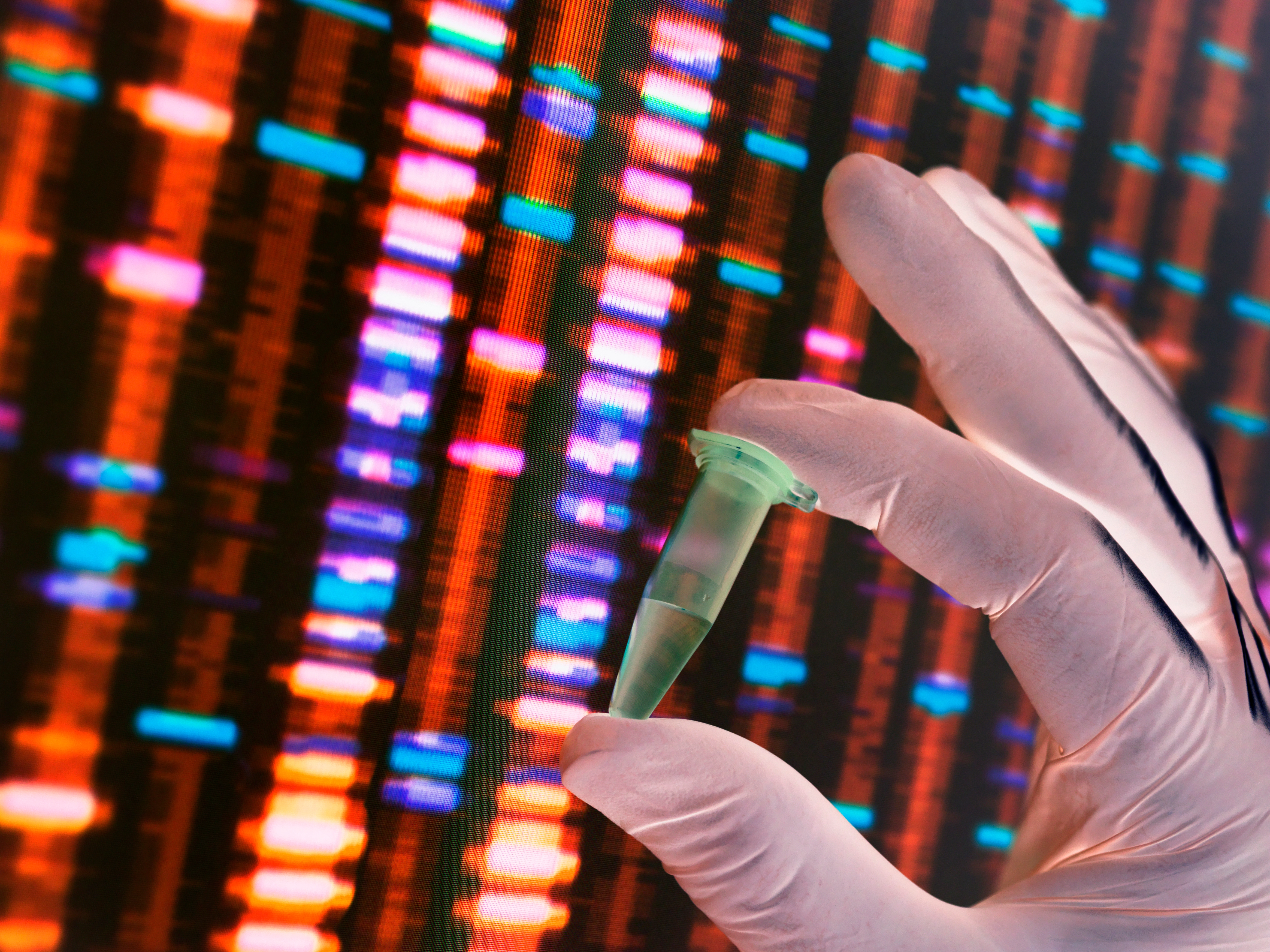Filters
Host (768597)
Bovine (1090)Canine (20)Cat (408)Chicken (1642)Cod (2)Cow (333)Crab (15)Dog (524)Dolphin (2)Duck (13)E Coli (239129)Equine (7)Feline (1864)Ferret (306)Fish (125)Frog (55)Goat (36847)Guinea Pig (752)Hamster (1376)Horse (903)Insect (2053)Mammalian (512)Mice (6)Monkey (601)Mouse (96266)Pig (197)Porcine (70)Rabbit (358709)Rat (11723)Ray (55)Salamander (4)Salmon (15)Shark (3)Sheep (4247)Snake (4)Swine (301)Turkey (57)Whale (3)Yeast (5336)Zebrafish (3022)Isotype (156643)
IgA (13624)IgA1 (941)IgA2 (318)IgD (1949)IgE (5594)IgG (87187)IgG1 (16733)IgG2 (1329)IgG3 (2719)IgG4 (1689)IgM (22029)IgY (2531)Label (239340)
AF488 (2465)AF594 (662)AF647 (2324)ALEXA (11546)ALEXA FLUOR 350 (255)ALEXA FLUOR 405 (260)ALEXA FLUOR 488 (672)ALEXA FLUOR 532 (260)ALEXA FLUOR 555 (274)ALEXA FLUOR 568 (253)ALEXA FLUOR 594 (299)ALEXA FLUOR 633 (262)ALEXA FLUOR 647 (607)ALEXA FLUOR 660 (252)ALEXA FLUOR 680 (422)ALEXA FLUOR 700 (2)ALEXA FLUOR 750 (414)ALEXA FLUOR 790 (215)Alkaline Phosphatase (825)Allophycocyanin (32)ALP (387)AMCA (80)AP (1160)APC (15217)APC C750 (13)Apc Cy7 (1248)ATTO 390 (3)ATTO 488 (6)ATTO 550 (1)ATTO 594 (5)ATTO 647N (4)AVI (53)Beads (225)Beta Gal (2)BgG (1)BIMA (6)Biotin (27817)Biotinylated (1810)Blue (708)BSA (878)BTG (46)C Terminal (688)CF Blue (19)Colloidal (22)Conjugated (29246)Cy (163)Cy3 (390)Cy5 (2041)Cy5 5 (2469)Cy5 PE (1)Cy7 (3638)Dual (170)DY549 (3)DY649 (3)Dye (1)DyLight (1430)DyLight 405 (7)DyLight 488 (216)DyLight 549 (17)DyLight 594 (84)DyLight 649 (3)DyLight 650 (35)DyLight 680 (17)DyLight 800 (21)Fam (5)Fc Tag (8)FITC (30165)Flag (208)Fluorescent (146)GFP (563)GFP Tag (164)Glucose Oxidase (59)Gold (511)Green (580)GST (711)GST Tag (315)HA Tag (430)His (619)His Tag (492)Horseradish (550)HRP (12960)HSA (249)iFluor (16571)Isoform b (31)KLH (88)Luciferase (105)Magnetic (254)MBP (338)MBP Tag (87)Myc Tag (398)OC 515 (1)Orange (78)OVA (104)Pacific Blue (213)Particle (64)PE (33571)PerCP (8438)Peroxidase (1380)POD (11)Poly Hrp (92)Poly Hrp40 (13)Poly Hrp80 (3)Puro (32)Red (2440)RFP Tag (63)Rhodamine (607)RPE (910)S Tag (194)SCF (184)SPRD (351)Streptavidin (55)SureLight (77)T7 Tag (97)Tag (4710)Texas (1249)Texas Red (1231)Triple (10)TRITC (1401)TRX tag (87)Unconjugated (2110)Unlabeled (218)Yellow (84)Pathogen (489613)
Adenovirus (8665)AIV (315)Bordetella (25035)Borrelia (18281)Candida (17817)Chikungunya (638)Chlamydia (17650)CMV (121394)Coronavirus (5948)Coxsackie (854)Dengue (2868)EBV (1510)Echovirus (215)Enterovirus (677)Hantavirus (254)HAV (905)HBV (2095)HHV (873)HIV (7865)hMPV (300)HSV (2356)HTLV (634)Influenza (22132)Isolate (1208)KSHV (396)Lentivirus (3755)Lineage (3025)Lysate (127759)Marek (93)Measles (1163)Parainfluenza (1681)Poliovirus (3030)Poxvirus (74)Rabies (1519)Reovirus (527)Retrovirus (1069)Rhinovirus (507)Rotavirus (5346)RSV (1781)Rubella (1070)SIV (277)Strain (67790)Vaccinia (7233)VZV (666)WNV (363)Species (2982223)
Alligator (10)Bovine (159546)Canine (120648)Cat (13082)Chicken (113771)Cod (1)Cow (2030)Dog (12745)Dolphin (21)Duck (9567)Equine (2004)Feline (996)Ferret (259)Fish (12797)Frog (1)Goat (90451)Guinea Pig (87888)Hamster (36959)Horse (41226)Human (955186)Insect (653)Lemur (119)Lizard (24)Monkey (110914)Mouse (470743)Pig (26204)Porcine (131703)Rabbit (127597)Rat (347841)Ray (442)Salmon (348)Seal (8)Shark (29)Sheep (104984)Snake (12)Swine (511)Toad (4)Turkey (244)Turtle (75)Whale (45)Zebrafish (535)Technique (5597646)
Activation (170393)Activity (10733)Affinity (44631)Agarose (2604)Aggregation (199)Antigen (135358)Apoptosis (27447)Array (2022)Blocking (71767)Blood (8528)Blot (10966)ChiP (815)Chromatin (6286)Colorimetric (9913)Control (80065)Culture (3218)Cytometry (5481)Depletion (54)DNA (172449)Dot (233)EIA (1039)Electron (6275)Electrophoresis (254)Elispot (1294)Enzymes (52671)Exosome (4280)Extract (1090)Fab (2230)FACS (43)FC (80929)Flow (6666)Fluorometric (1407)Formalin (97)Frozen (2671)Functional (708)Gel (2484)HTS (136)IF (12906)IHC (16566)Immunoassay (1589)Immunofluorescence (4119)Immunohistochemistry (72)Immunoprecipitation (68)intracellular (5602)IP (2840)iPSC (259)Isotype (8791)Lateral (1585)Lenti (319416)Light (37250)Microarray (47)MicroRNA (4834)Microscopy (52)miRNA (88044)Monoclonal (516109)Multi (3844)Multiplex (302)Negative (4261)PAGE (2520)Panel (1520)Paraffin (2587)PBS (20270)PCR (9)Peptide (276160)PerCP (13759)Polyclonal (2762994)Positive (6335)Precipitation (61)Premix (130)Primers (3467)Probe (2627)Profile (229)Pure (7808)Purification (15)Purified (78305)Real Time (3042)Resin (2955)Reverse (2435)RIA (460)RNAi (17)Rox (1022)RT PCR (6608)Sample (2667)SDS (1527)Section (2895)Separation (86)Sequencing (122)Shift (22)siRNA (319447)Standard (42468)Sterile (10170)Strip (1863)Taq (2)Tip (1176)Tissue (42812)Tube (3306)Vitro (3577)Vivo (981)WB (2515)Western Blot (10683)Tissue (2015946)
Adenocarcinoma (1075)Adipose (3459)Adrenal (657)Adult (4883)Amniotic (65)Animal (2447)Aorta (436)Appendix (89)Array (2022)Ascites (4377)Bile Duct (20)Bladder (1672)Blood (8528)Bone (27330)Brain (31189)Breast (10917)Calvaria (28)Carcinoma (13493)cDNA (58547)Cell (413805)Cellular (9357)Cerebellum (700)Cervix (232)Child (1)Choroid (19)Colon (3911)Connective (3601)Contaminant (3)Control (80065)Cord (661)Corpus (148)Cortex (698)Dendritic (1849)Diseased (265)Donor (1360)Duct (861)Duodenum (643)Embryo (425)Embryonic (4583)Endometrium (463)Endothelium (1424)Epidermis (166)Epithelium (4221)Esophagus (716)Exosome (4280)Eye (2033)Female (475)Frozen (2671)Gallbladder (155)Genital (5)Gland (3436)Granulocyte (8981)Heart (6850)Hela (413)Hippocampus (325)Histiocytic (74)Ileum (201)Insect (4880)Intestine (1944)Isolate (1208)Jejunum (175)Kidney (8075)Langerhans (283)Leukemia (21541)Liver (17340)Lobe (835)Lung (6064)Lymph (1208)Lymphatic (639)lymphocyte (22572)Lymphoma (12782)Lysate (127759)Lysosome (2813)Macrophage (31794)Male (1617)Malignant (1465)Mammary (1985)Mantle (1042)Marrow (2210)Mastocytoma (3)Matched (11710)Medulla (156)Melanoma (15522)Membrane (105772)Metastatic (3574)Mitochondrial (160319)Muscle (37419)Myeloma (748)Myocardium (11)Nerve (6398)Neuronal (17028)Node (1206)Normal (9486)Omentum (10)Ovarian (2509)Ovary (1172)Pair (47185)Pancreas (2843)Panel (1520)Penis (64)Peripheral (1912)Pharynx (122)Pituitary (5411)Placenta (4038)Prostate (9423)Proximal (318)Rectum (316)Region (202210)Retina (956)Salivary (3119)Sarcoma (6946)Section (2895)Serum (24880)Set (167654)Skeletal (13628)Skin (1879)Smooth (7577)Spinal (424)Spleen (2292)Stem (8892)Stomach (925)Stroma (49)Subcutaneous (47)Testis (15393)Thalamus (127)Thoracic (60)Throat (40)Thymus (2986)Thyroid (14121)Tongue (140)Total (10135)Trachea (227)Transformed (175)Tubule (48)Tumor (76921)Umbilical (208)Ureter (73)Urinary (2466)Uterine (303)Uterus (414)Understanding Gene Regulation : The Key to Unlocking Cellular Function and Disease Mechanisms
Gene regulation is a fundamental process in all living organisms, controlling the expression of genes and ensuring proper cellular function. It determines when, where, and how genes are turned on or off, directly influencing protein production and cellular activity. Understanding gene regulation is crucial in the study of developmental biology, genetic diseases, and therapeutic applications.
In this article, we will explore the importance of gene regulation, the mechanisms involved, and how modern technologies are advancing our understanding of this essential process.
Genprice
Scientific Publications

Understanding Gene Regulation : The Key to Unlocking Cellular Function and Disease Mechanisms
What is Gene Regulation ?
Gene regulation refers to the mechanisms that control the activity of genes. It involves the processes that determine whether a gene is transcribed into RNA and subsequently translated into proteins. The regulation of gene expression is essential for cell differentiation, growth, response to environmental signals, and maintaining overall homeostasis.
Key Aspects of Gene Regulation :
- Transcriptional Control : This involves controlling the initiation of transcription, the process by which RNA is synthesized from a DNA template. Proteins called transcription factors play a crucial role in activating or repressing the expression of specific genes.
- Post-transcriptional Control : After transcription, gene expression can be further regulated by controlling the splicing, transport, and stability of the RNA. This ensures that only the necessary RNA molecules are present in the cell.
- Epigenetic Regulation : Epigenetic modifications, such as DNA methylation and histone modification, influence gene expression without changing the underlying DNA sequence. These modifications can be inherited and are critical in processes such as cellular development and cancer progression.
Mechanisms of Gene Regulation
Gene regulation occurs at multiple levels, allowing for precise control of gene expression. Here are some key mechanisms that influence gene regulation:
1. Transcription Factors
Transcription factors are proteins that bind to specific DNA sequences in the promoter regions of genes. These factors can either activate or repress gene expression. Activators help RNA polymerase initiate transcription, while repressors block transcriptional initiation.

2. Enhancers and Silencers
Enhancers are DNA sequences that increase the rate of transcription when bound by specific transcription factors. Silencers, on the other hand, inhibit transcription when they interact with repressor proteins. These elements allow for the fine-tuned regulation of gene expression in response to cellular signals.


3. RNA Interference (RNAi)
RNA interference involves small RNA molecules (such as siRNA or miRNA) that can bind to messenger RNA (mRNA) molecules and either degrade them or prevent their translation. This is a powerful mechanism for regulating gene expression, particularly in response to viral infections or stress conditions.

4. Chromatin Remodeling
The structure of chromatin (the complex of DNA and proteins) can be modified to either tighten or loosen DNA accessibility, affecting transcription. Histone modifications and DNA methylation play a critical role in controlling chromatin structure and, in turn, regulating gene expression.

The Importance of Gene Regulation in Cellular Function
Gene regulation is at the heart of many cellular processes and directly influences cellular differentiation, proliferation, and response to signals. Some key examples of where gene regulation plays a critical role include :
1. Cell Differentiation
Gene regulation determines the differentiation of stem cells into specialized cell types, such as muscle cells, neurons, or skin cells. During development, cells must precisely regulate which genes are turned on and off to form the proper tissues and organs.

2. Response to Environmental Signals
Cells constantly respond to signals from their environment, such as hormones, growth factors, or stress. Gene regulation allows cells to adjust their gene expression in response to these stimuli, enabling adaptation and survival.

3. Cancer Development
Unregulated gene expression is a hallmark of many cancers. Mutations in oncogenes and tumor suppressor genes can lead to abnormal cell growth and tumor formation. Understanding gene regulation is crucial for developing therapeutic strategies to treat cancer.

Gene Regulation in Biotechnology and Therapeutics
Advances in gene regulation research have paved the way for innovative biotechnological applications. Here are some key areas where gene regulation plays an essential role:
1. Gene Therapy
Gene therapy aims to treat genetic disorders by introducing, altering, or silencing genes within a patient’s cells. Understanding gene regulation mechanisms allows researchers to develop more precise gene therapies that can target specific genes or pathways in the body.

2. CRISPR-Cas9
CRISPR-Cas9 is a revolutionary technology that allows for precise editing of genes in living organisms. It works by targeting specific DNA sequences and modifying them. Understanding gene regulation mechanisms is crucial for improving the accuracy and efficiency of gene editing using CRISPR.

3. Synthetic Biology
Synthetic biology involves designing and constructing new biological parts, devices, and systems. Gene regulation is a key component in designing synthetic gene networks and pathways, allowing for the control of engineered organisms’ behaviors.

The Future of Gene Regulation Research
Understanding gene regulation is essential for advancing biotechnology, gene therapy, and disease treatments. From CRISPR-Cas9 to gene therapies, the ability to control gene expression opens new doors for innovative scientific discoveries and therapies.
Whether you're studying cell differentiation, cancer research, or genetic engineering, understanding the mechanisms of gene regulation provides critical insights into cellular functions and disease processes.
Tags
- Gene Regulation
- Transcriptional Control
- Enhancers and Silencers
- RNA Interference (RNAi)
- Chromatin Remodeling
